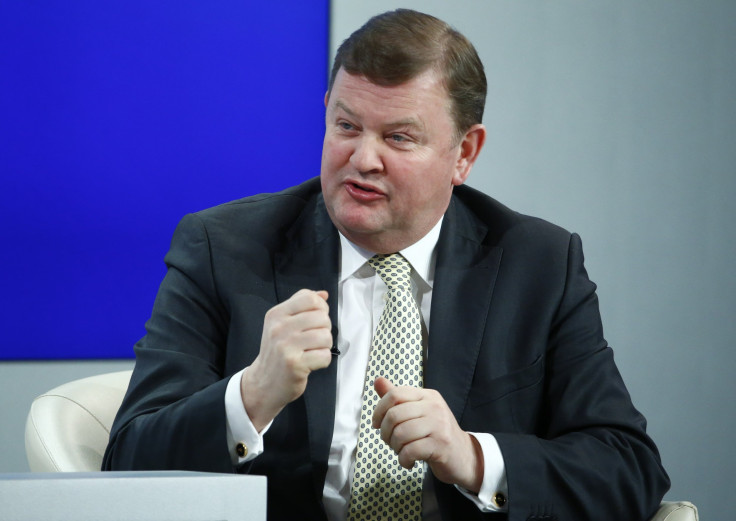Climate Change 2015: Countries Should Take Advantage Of Cheap Oil Prices And Put A Charge On Carbon Emissions

Countries have a compelling reason to slap a fee on carbon dioxide emissions: cheap oil prices. The falling energy cost can offer leaders political cover to pass the controversial measure, which is considered crucial for reducing carbon pollution and slowing the pace of global warming, climate policy experts said Thursday.
“Is this not a present for politicians?” said Feike Sijbesma, CEO and chairman of Royal DSM, a Dutch life and material sciences company. “I would say don’t waste that moment.”
Oil prices are at their lowest levels in nearly six years as supply outstrips demand. Fuel and chemical costs in turn are declining, lowering energy bills for families, businesses and governments. Analysts project global and U.S. crude prices will hover around $50 a barrel this year until the supply glut finally shrinks.
The price drop comes as nearly 200 countries negotiate a global agreement on climate change. Government leaders have until June to present their individual plans for curbing emissions, and a final international accord could be signed in Paris this December. A carbon price, which could be applied via a tax or a market-based trading system, penalizes large companies for pumping emissions into the atmosphere.
So far, 39 countries and two-dozen regional and local governments have put a price on carbon, and more than 1,000 companies and investors signaled their support for the policy last fall. Proponents say a global or multinational price would further encourage companies to shift away from fossil fuels and plow more capital into cleaner alternatives, such as solar and wind power, and energy-saving technologies.
“Society and investors need clear economic signals, and we have not yet sent signals,” said former Mexican President Felipe Calderón, who chairs the Global Commission on the Economy and Climate. “If we don’t act in 10 years, it’s going to be too late” for the climate.
Climate scientists mostly agree that global warming must be limited to 2 degrees Celsius (3.6 degrees Fahrenheit) above pre-industrial levels by 2050 to prevent the most dangerous impacts of climate change, including rising sea levels, intensifying storms and longer-lasting heat waves. But to achieve that goal, countries will have to keep most of their coal, natural gas and oil reserves in the ground by the middle of the century -- a feat that won’t happen without a powerful policy push.
“This is a fantastic opportunity” to adopt a carbon price, said Christiana Figueres, a Costa Rican diplomat and chief of the United Nations-led negotiations on climate change. She said countries could go a step further and eliminate subsidies for fossil fuels, which totaled more than $400 billion in 2010, according to the International Energy Agency, a Paris-based watchdog organization.
“Nobody would notice it right now. This is the moment to do it,” she said.
The climate experts spoke on a Thursday panel at the World Economic Forum in Davos, Switzerland. The group expressed a collective optimism about the upcoming climate talks in Paris, though the speakers acknowledged the significant roadblocks that could sideline or water down a global emissions treaty. For instance, developing nations say they need at least $100 billion per year in assistance from richer nations and private companies to help reduce emissions and install climate-resilient infrastructure, such as storm surge barriers and sturdier housing. Wealthy nations to date have pledged only one-tenth that amount.
“I am cautiously confident” about the Paris talks, Figueres said. “By far the great majority want a solution, because they know ... it’s the pathway toward future economic growth.”
© Copyright IBTimes 2024. All rights reserved.





















